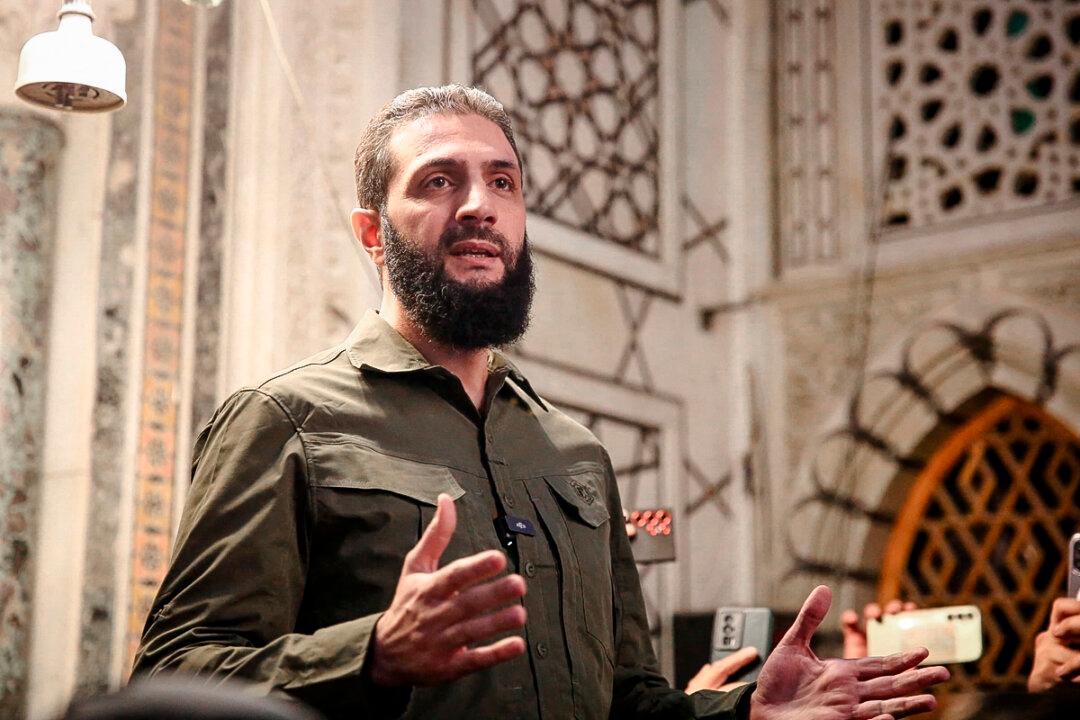Syria’s de facto leader, Ahmad al-Sharaa, has said it could take up to four years to hold elections in the country, following the ousting of President Bashar al-Assad this month.
In an interview with the Saudi television network Al Arabiya, Sharaa also said that he planned to dissolve his Hayat Tahrir al-Sham (HTS) group, which launched a lightning offensive at the end of November and toppled the Russian-backed regime.





